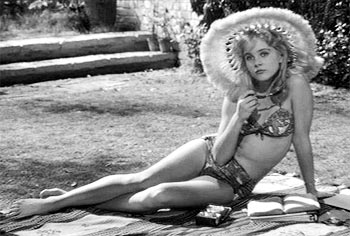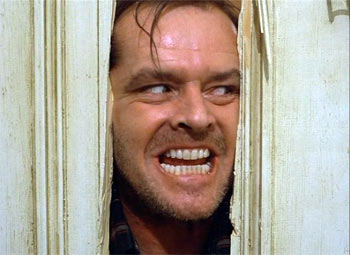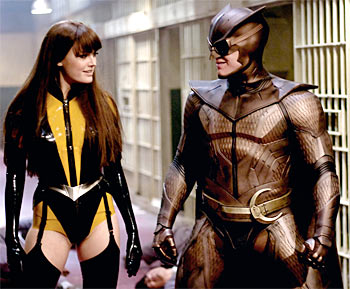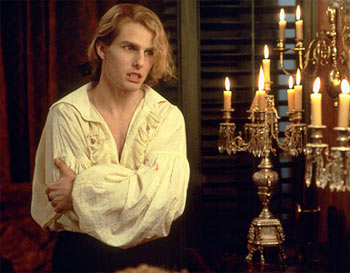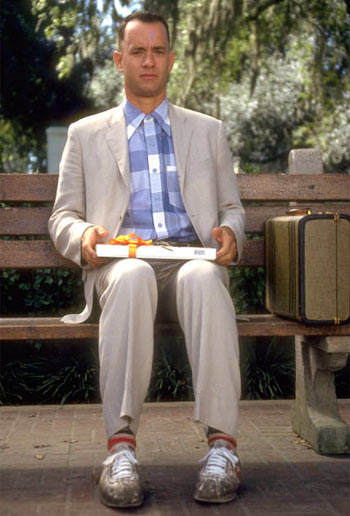 | « Back to article | Print this article |
When filmmakers made writers sulk
Books and movies might seem like a nice fit, but more often than not they're nasty bedfellows -- like Chetan Bhagat discovered with the debacle of Hello and the perplexing outcry over writing credits on 3 Idiots.
Writing a story for the page and the screen are different things, and while a great story can remain just that, things often change.
The first time a novel was adapted on screen was in 1924, as Erich von Stronheim took on Frank Norris's novel McTeague to make the film Greed. Greed ended up being sixteen hours long, and was then eventually edited into a two hour version -- which obviously didn't make sense.
Things have come a long way, and while we have had pristine adaptations like The Godfather, lets look at five films that made the authors wish they had refused the offers:
Lolita
Stanley Kubrick's adaptation of Vladimir Nabokov's Lolita gave all the credit to the author, enlisting him to write the screenplay even. Nabokov wasn't thrilled, however, when Kubrick chopped and change the plot with tremendous flair.
The film and the novel are both definitive 20th century classics but remain tremendously different beasts, and Nabokov resented Kubrick's reworking, calling the film 'the swerves of a scenic drive as perceived by the horizontal passenger of an ambulance.'
The Shining
Kubrick, again. Clearly the best horror film of all time wasn't enough for author Stephen King, who always felt the Kubrick film changed his novel too much, going so far as to say that he hated it, especially Jack Nicholson in it.
King himself watched over a TV miniseries in the late 90s -- Stephen King's The Shining -- and the end result was a damp squib. Kubrick, who passed away a couple of years later, surely had the last laugh.
Watchmen
With Watchmen, English writer Alan Moore virtually birthed the graphic novel, his landmark book the only representative of the genre in Time's list of the 100 best novels of the 20th century.
Fanboy Zack Snyder's film got lukewarm reviews, but the bearded writer openly abused these efforts, lambasting the Hollywood dumbing down of his work. A dabbler in the dark arts, Moore even claimed to have put a curse on the film.
Interview With The Vampire
Anne Rice was stunned that Neil Jordan had cast Tom Cruise in the role of the vampire Lestat in this film that she went overboard slamming the film before it came out, publically questioning the casting and even starting a campaign hoping to knock Cruise out of the film.
After seeing the film, she reversed her decision and admitted to being overwhelmed by Cruise, but the hissy fit she threw before the film is as memorable as they come.
Forrest Gump
It isn't clear whether Winston Groom was upset because of the way Robert Zemeckis took small liberties with his novel's narrative. No, his complaint was a lot more grounded: they didn't pay him a cent.
Paramount claimed that the film lost money, so they couldn't pay him -- hardly credible considering Tom Hanks was paid in percentages and made $20 million -- and he wasn't even mentioned at the Oscar ceremony the film dominated. Talk about life being a box of chocolates.

